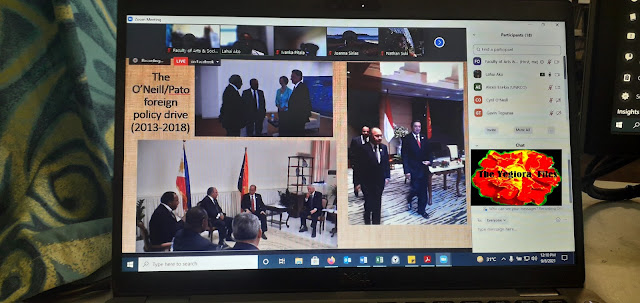Comparing Biketawa and Boe Declarations: Continuity and Change in Pacific Security
The Biketawa Declaration, signed by member states of the Pacific Islands Forum (PIF) in 2000, was a regional security agreement aimed at addressing security issues collectively in the Pacific region. Its predecessor, the Boe Declaration, was signed in 2018 and similarly emphasized the importance of regional security. Both agreements marked a shift in thinking about security. In this review, we will compare the Biketawa Declaration and the Boe Declaration, examining elements of continuity and change. We will discuss the use of the principle of non-intervention, the protection of human rights, and regional cooperation as key elements of continuity. Both agreements stress the respect for the principle of non-interference in the domestic affairs of member states. However, there have been instances, such as the regional assistance mission to the Solomon Islands, where member states intervened in the domestic affairs of another member state, raising questions about the practical application ...


